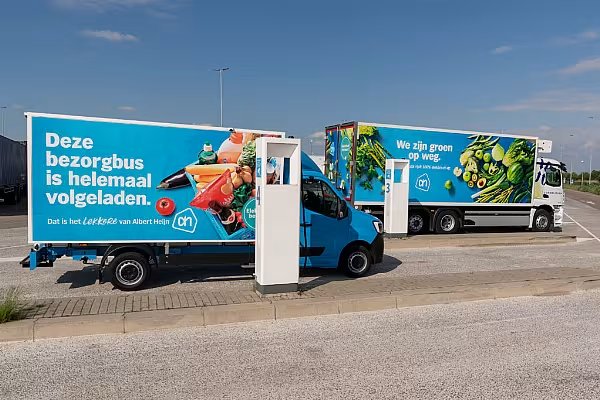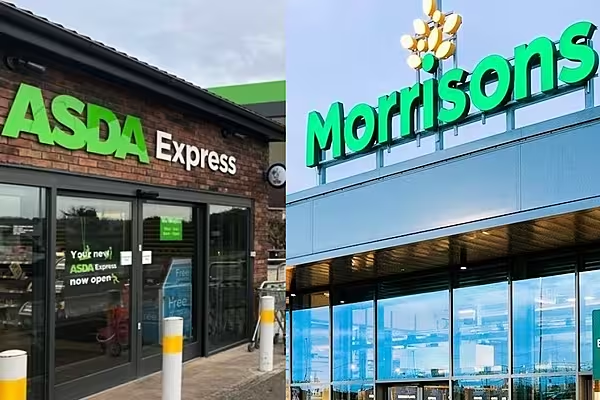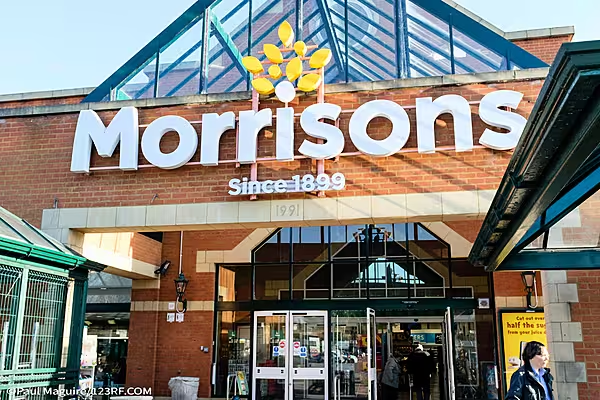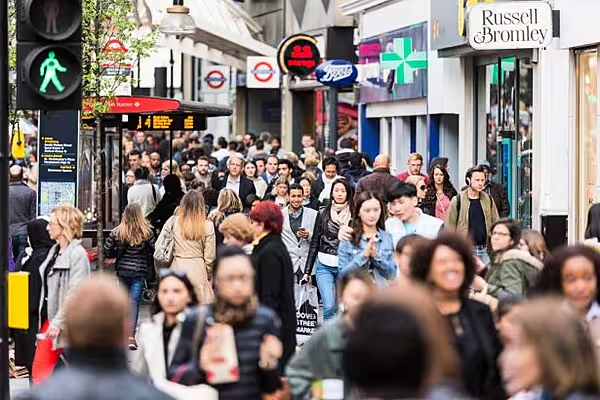Dutch retailer Albert Heijn is poised to achieve emission-free deliveries for all customers and stores in the Netherlands and Belgium by 2030.
Albert Heijn operates around 270 charging stations in the Netherlands – for 74 trucks and 250 delivery buses – and claims to have the largest electric fleet among retailers in the country, it added.
The company drove 2.5 million kilometres electrically last year, and it expects to double this number in 2024.
The Ahold Delhaize subsidiary also added that it is the first European retailer to make sustainably generated energy available to strategic partners, which is essential to achieve the target of 45% CO2 equivalent (CO2e) reduction in Scope 3 emissions.
'A Meaningful Contribution'
“Samen beter eten bereikbaar maken. Voor iedereen. [‘Making better food accessible together. For everyone.’] – Albert Heijn’s mission – is our compass, with which we want to make a meaningful contribution to a healthy, social and more sustainable society,” said Rob Heesen, director of business development and partnerships at Albert Heijn.
“That is why we work intensively with partners to significantly reduce CO2e emissions and solve challenges in the energy transition. With the climate goal of net zero in the chain by 2050, from country to customer, we started this journey in 2017 with our first electric truck,” Heesen added.
Electric Vehicle Fleet
Albert Heijn has opened a new charging plaza at its distribution centre in Pijnacker, which will allow the company to switch to electricity for a third of its total supply from the site.
The retail chain now has a total of ten loading plazas for trucks and delivery buses spread across the Netherlands.
The supermarket currently supplies more than 200 stores and thousands of customers with a fully electric fleet every week, it noted.
It will extend supplies via its electric fleet to Gouda, Leiden, Delft, and all 32 stores in the Rotterdam environmental zone from the distribution centre in Pijnacker.
Home delivery in these areas will also be carried out electrically. Additionally, ten cities will join this list in the second half of 2024.
These include Amersfoort, Assen, Nijmegen, Maastricht, Zwolle, Deventer, Tilburg, Dordrecht, Apeldoorn and Eindhoven.
Sustainable Energy
In 2010, Albert Heijn commenced the conversion of its stores into gas-free outlets. Currently, 95% have phased out gas.
In 2021, the retailer started using Dutch wind energy and switched to green energy in December 2023.
These initiatives represent progress towards the ambition of a 45% CO2 emissions reduction, compared to 2018, and achieving net-zero emissions by 2050, the company noted.
Albert Heijn is also working on initiatives to reduce emissions across its operations and those of suppliers, to achieve a 100% CO2-free energy chain.
It plans to source a large part of its future sustainable energy from the Ecowende wind farm, in the North Sea.














